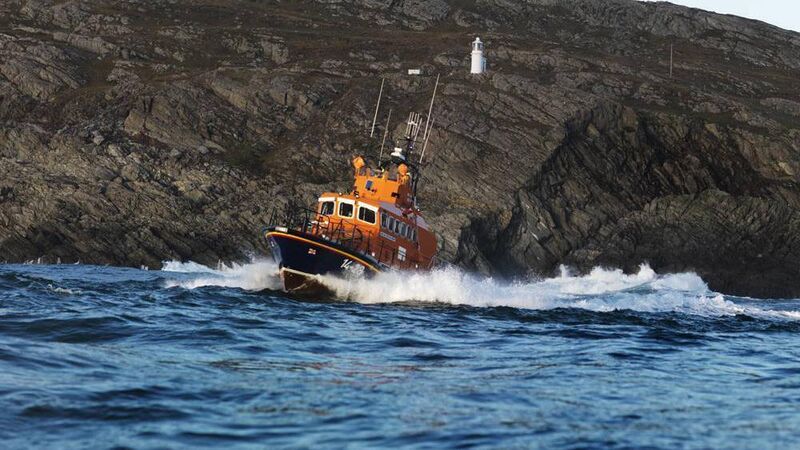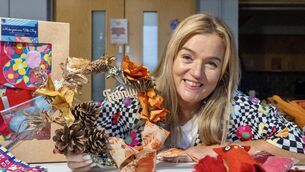RNLI: We can't risk infection and two-week closure of a station

RNLI lifeboat coxswain Seán O’Farrell has become quite a fan of a particular type of unscented Norwegian-formula cream.
Based in West Cork’s Courtmacsherry, O’Farrell reckons he had never had so much contact with alcohol — on his hands.











